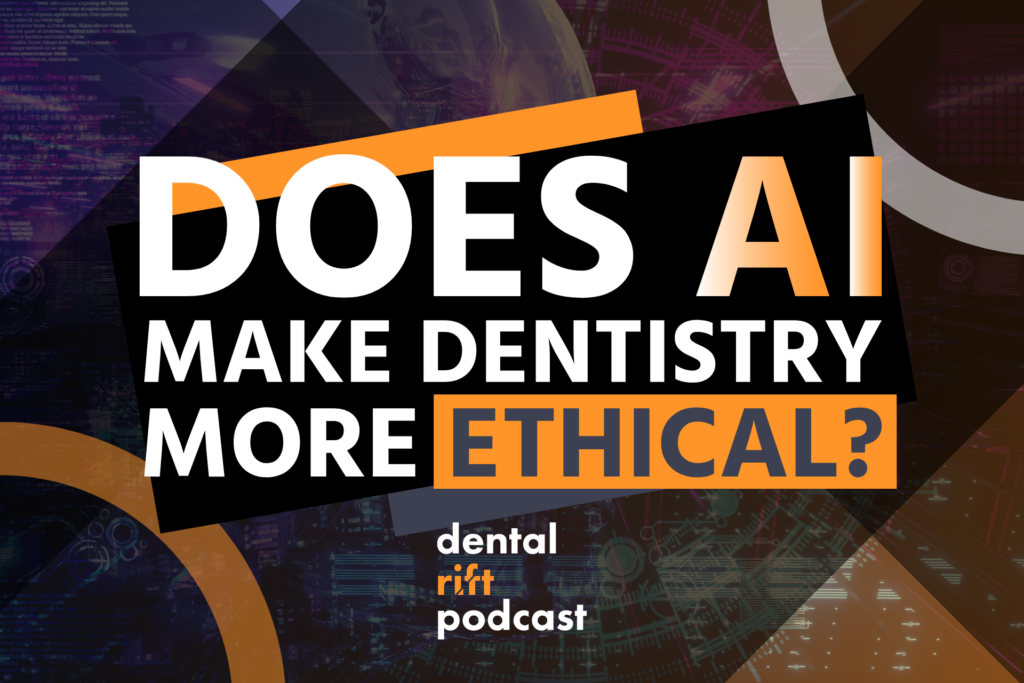One appealing prospect of the AI revolution that’s coming to dental is that AI could create stronger ethical guidelines around treatment.
That’s been a major selling point, in fact. If a neutral AI is making treatment recommendations instead of a dentist who may be motivated by money, then both doctors and patients can feel more confident that those recommendations are impartial.
Right?
Well, yes and no. The right AI software can certainly do a good job making consistent diagnoses and outlining treatments.
But the problem is that humans are still programming AI. The treatment parameters — when to call for a crown versus a filling, say — are still being set by dentists before being fed into the program.
That means that human beings are still on the hook for making the key ethical decisions around treatment.
However, AI can offer an opportunity to make those decisions in a more public, collective way. Instead of an individual practice or dentist deciding what is and isn’t ethical treatment (and even with ADA clinical guidelines, that’s how things happen today), AI companies could agree to follow guidelines carefully set by a dental ethics board.
This could create more standardized, consistent boundaries for acceptable treatment and prevent patients from being taken for a ride. If an ethics-board-approved AI became the gold standard for care, unethical dentists would find it much harder to overtreat.
But it could also undercut the ability of individual clinicians to make necessary judgment calls — based on the output of a computer — and make dentistry a little less art and a little more paint by numbers.
Is dental AI a giant leap forward for patients or a brave new world we’d be better off avoiding? That remains to be seen.
Want More Dental Hot Takes?
Listen to Dental Rift — with new episodes launching weekly!
Listen to Dental Rift!

